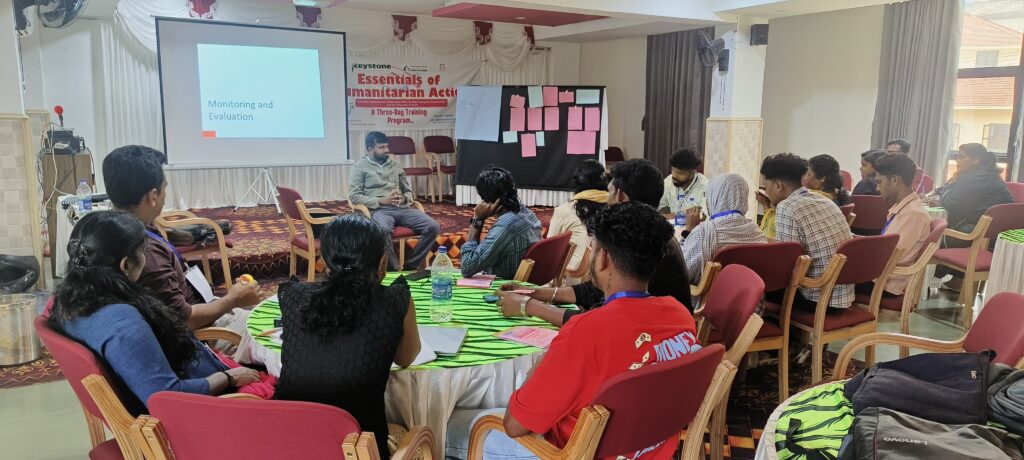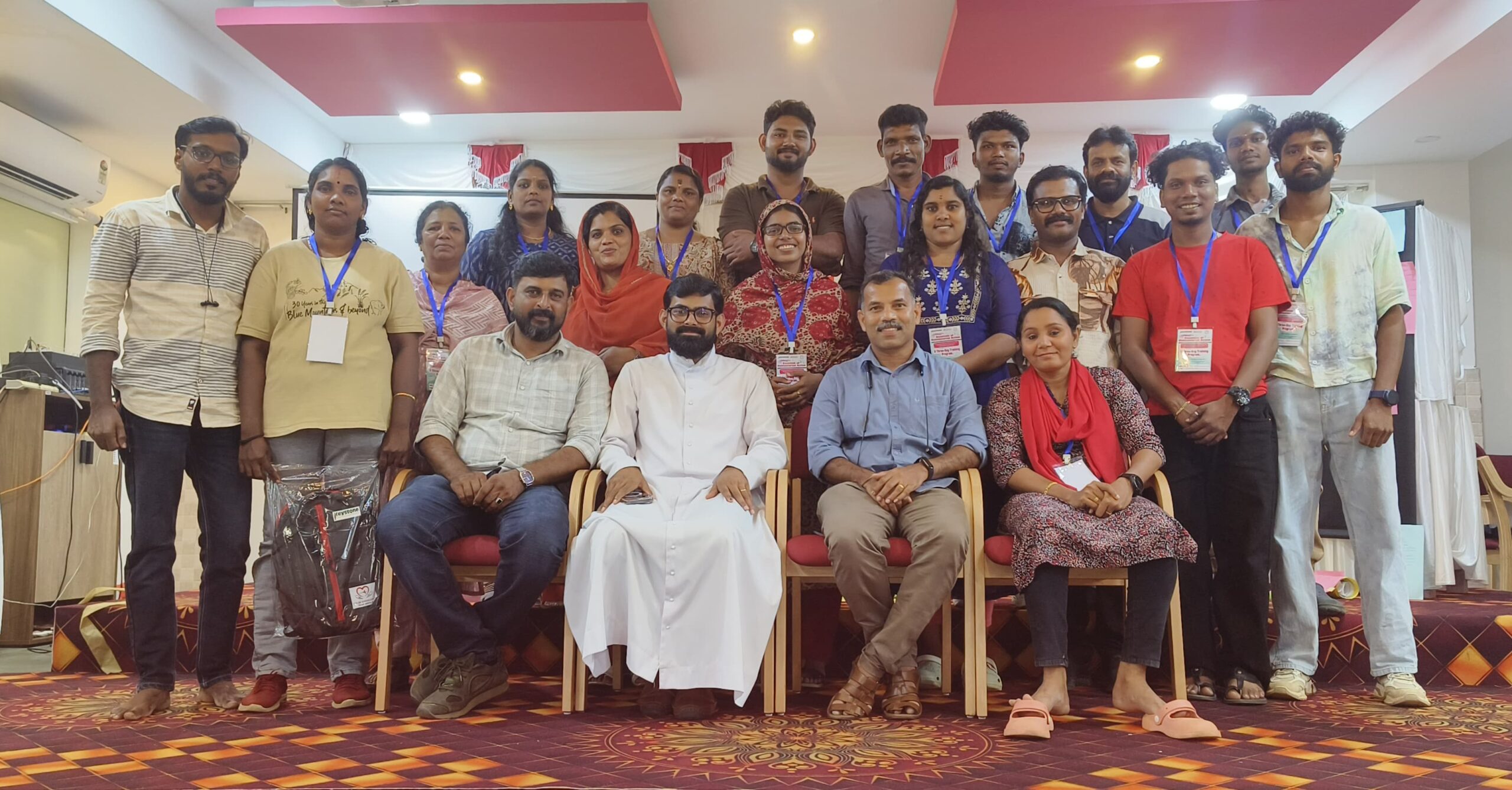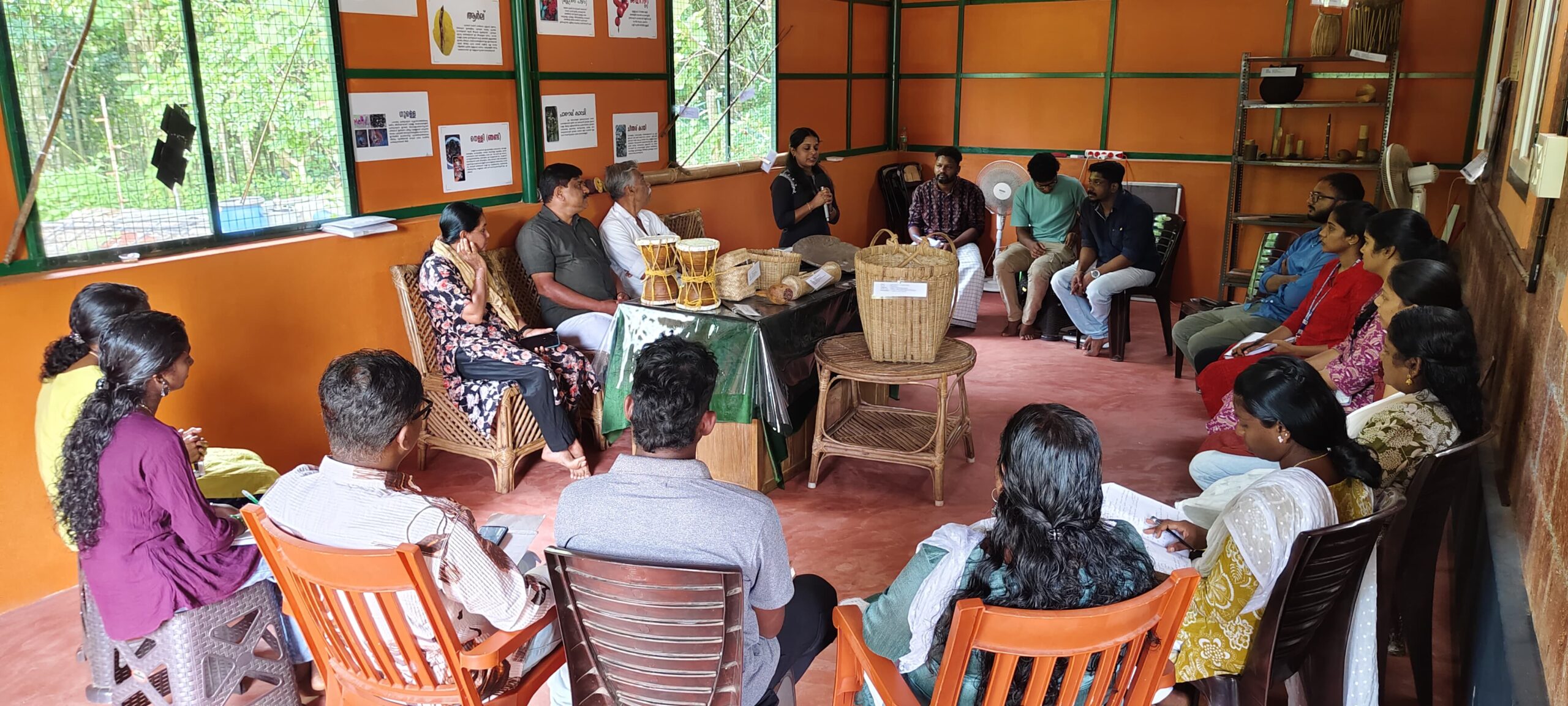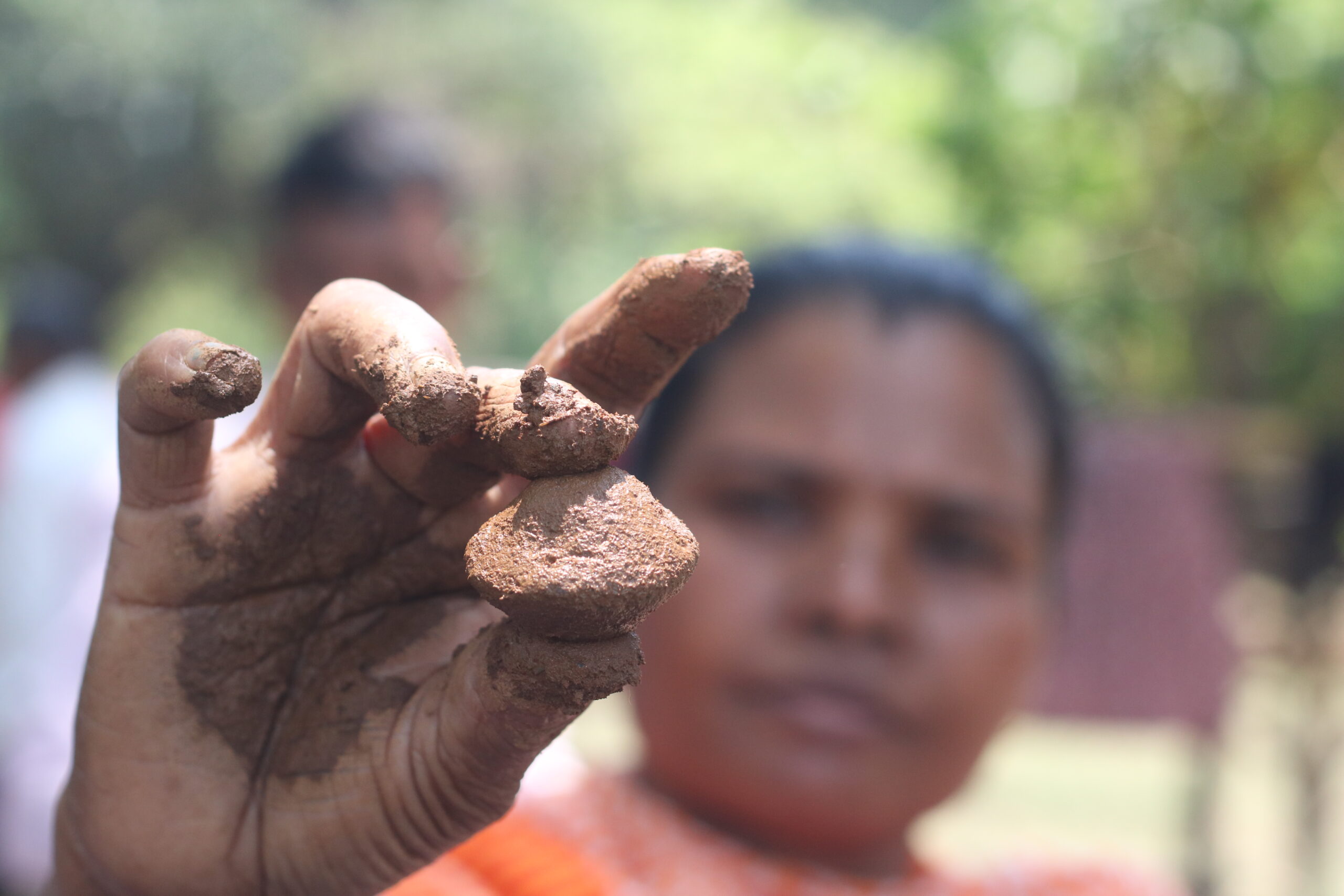By Muhammed Rafi, Field Coordinator, Governance, Community Wellbeing
This month, Keystone Foundation planned and implemented a training program titled Essentials of Humanitarian Action. This program recognizies that the leadership of trained volunteers in the face of disasters is one of the most important interventions to reduce the impact of disasters, as disasters become a recurring story as a result of climate change.
27 volunteers participated in the program, held in Kalpetta on November 22, 23, and 24, 2024. Keystone implemented this training camp in collaboration with Pulse Emergency Team Kerala, a prominent disaster management volunteer organization in Kerala. Keystone collaborated with the Inter-Agency Group as well, which operates under the Wayanad Disaster Management Authority. Renowned disaster management activist and trainer Mubeer Shah led the training.

The following people addressed the Inaugural Ceremony of the camp :
- Father David Alingal, Inter-Agency Group, Wayanad District Convener
- Pulse Emergency Team, Secretary Salim K Kalpetta
- Keystone Foundation Additional Program Coordinator Faseela
- Wayanad District Disaster Management Authority Consultant Dr. Akhildev
- Hazard Analyst Arun Peter
- Keystone Foundation Field Coordinator Muhammed Rafi
Following this, Kalpetta MLA T Siddique visited the camp on the third day. He spoke about the importance of trained volunteers in the field of disaster management. At the closing meeting held on the 23rd, Keystone Program Coordinator Advocate K.G. Ramachandran and Father David Alunkal spoke.
Minimizing the Damage: Training Volunteers for Disaster Intervention
Volunteers from various parts of Wayanad and Nilambur took part in the camp. In a world where disasters are now a recurring story, Keystone aims to ensure the interventions of trained volunteers in the affected areas. Our goal is to make sure that volunteers lead activities such as evacuation, search and rescue, and camp management in a professional manner. We need to organize more training sessions so that our volunteers can feel confident and equipped to provide training to local groups. Through these sessions, we can provide complete knowledge and physical training to our volunteers.
If disaster management forces are established in each region and their members receive proper training, we can greatly reduce the impact of disasters. Thus, this Training of Trainers (TOT) is aimed at developing disaster management forces locally.


















